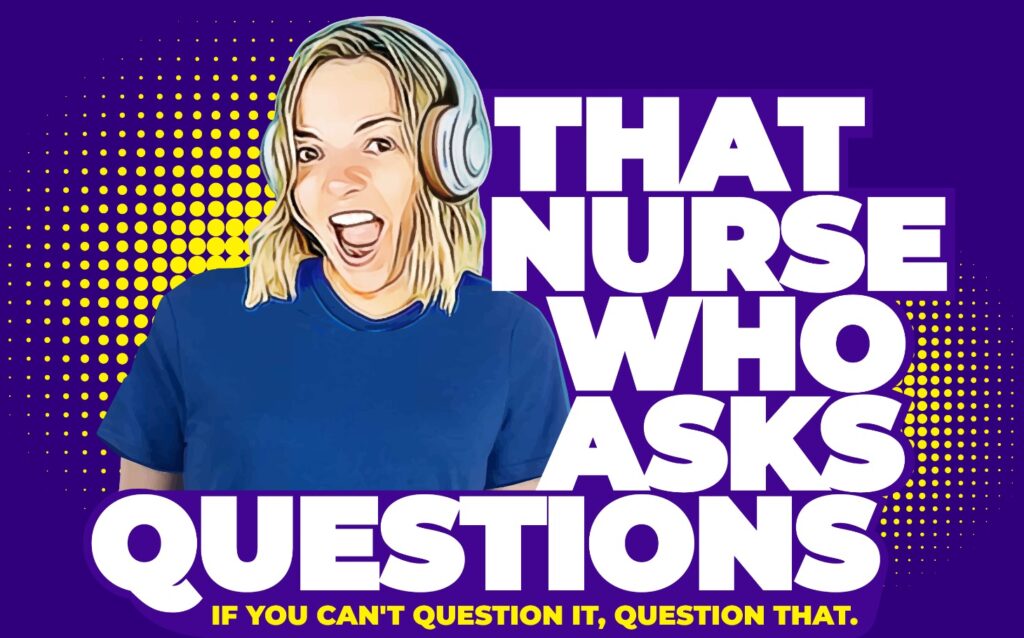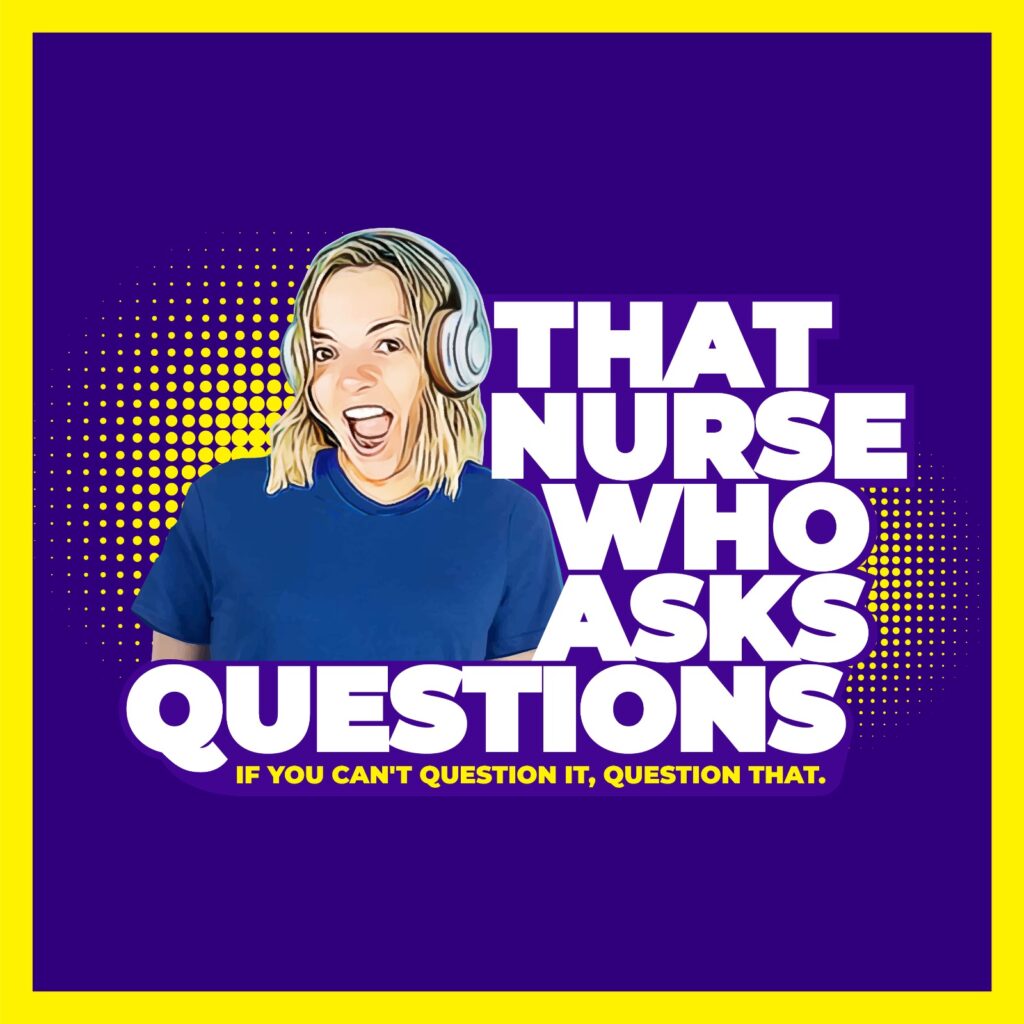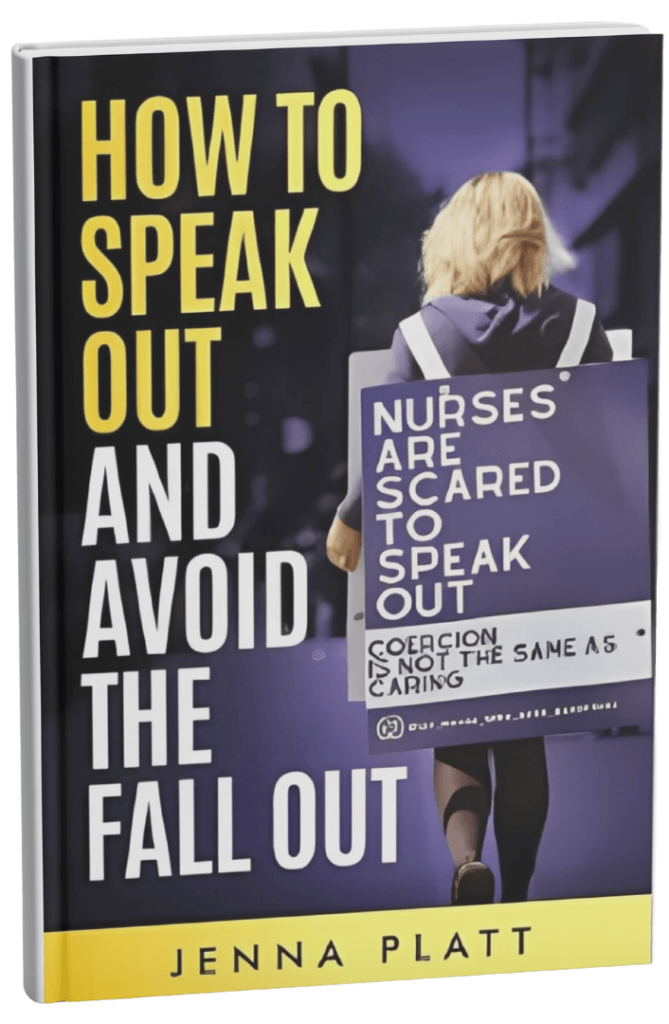Rules. We encounter them everywhere. In families, workplaces, friendships, relationships, society. They tell us what’s expected, what’s acceptable, and sometimes, what will happen if we don’t comply. But have you ever wondered why some rules make you feel safe, while others make your blood boil? Why you sometimes find yourself enforcing them without question, or breaking them just to prove a point?
The answer may lie in something deeper than just the rule itself — it may lie in which part of you is responding.
Let me introduce you to Transactional Analysis (TA) — a psychological framework that helps you understand not just how we communicate, but how our internal states influence how we respond to rules, expectations and pressure.
🧠 What is Transactional Analysis?
Transactional Analysis, or TA, was developed in the 1950s by psychiatrist Dr Eric Berne. It’s a simple but powerful model that helps you make sense of human behaviour and emotional dynamics.
While TA wasn’t specifically created to spot manipulation or analyse rules, it does help you:
- Understand the internal roles you play (often without realising)
- Spot communication patterns
- Recognise emotional responses to power and authority
- Stay grounded when things feel emotionally charged
At the heart of TA is the idea that we all switch between three ego states in any interaction:
- Parent (the voice of rules, values, and authority)
- Adult (the present, logical self)
- Child (our emotional, reactive self)
The ego state you’re in when dealing with a rule massively influences how you respond to it.
👵 Parent Ego State: Enforcing Rules
When you’re in Parent mode, you tend to enforce rules. But the why behind it matters.
🔸 Critical Parent
You follow and enforce rules because “that’s how it is.”
- You may shame others for breaking rules.
- You may expect blind obedience.
Examples:
- Professor Umbridge (Harry Potter) — strict, authoritarian, silences rebellion.
- Miranda Priestly (The Devil Wears Prada) — imposes impossible standards without explanation.
🔸 Nurturing Parent
You enforce rules out of care and concern — but sometimes risk rescuing or over-functioning.
Example:
- Mufasa (The Lion King) — sets clear boundaries to protect Simba.
Key Insight: The Parent ego state is shaped by the rules we were raised with — whether we copy, rebel against, or modify them.
🧠 Adult Ego State: Evaluating Rules
This is the sweet spot. When you’re in Adult mode, you:
- Assess rules based on logic and fairness
- Ask questions like “Does this still make sense?”
- Create clarity without playing power games
Examples:
- Jean-Luc Picard (Star Trek) — applies rules fairly and explains why they matter.
- Atticus Finch (To Kill a Mockingbird) — challenges unjust rules through reasoning.
- Katniss Everdeen (The Hunger Games) — doesn’t rebel impulsively — she breaks rules with strategy and purpose.
✅ The Adult ego state helps you challenge, follow, or reframe rules based on relevance — not emotion or habit.
🧒 Child Ego State: Reacting to Rules
Rules can trigger our emotional memory, especially if they feel unfair, controlling or shame-inducing.
When in Child mode, you’re more likely to obey without question — or push back impulsively.
🔸 Rebellious Child
- “This is stupid!”
- Breaks rules to feel powerful or free
Examples:
- Ariel (The Little Mermaid) — disobeys out of frustration, without foresight
- Ferris Bueller — challenges the system for fun, not change
🔸 Submissive Child
- “I don’t like this… but I’ll do it.”
- Feels helpless to challenge authority
Example:
- Cinderella — obeys cruel rules because she believes she has no power or options
🚸 The Child ego state reacts emotionally — either by rebelling or submitting.
💡 Why This Matters
Your relationship with rules isn’t fixed — but your ego state influences how you:
- Enforce expectations
- Obey systems (even harmful ones)
- Challenge authority (strategically or destructively)
If you’ve ever:
- Found yourself saying “It’s just how it is” without knowing why
- Rebelled against a rule that wasn’t even hurting anyone
- Felt stuck following rules that make you miserable
…you’re not broken. You’re just operating from a familiar ego state.
🎯 Self-awareness isn’t about changing who you are — it’s about choosing how you respond.
🗣️ Spot the Shifts in Real Life
- Do you shame others for not doing it “the right way”? (👵 Critical Parent)
- Do you try to fix things for others, even when they don’t ask? (👵 Nurturing Parent)
- Do you constantly question rules and ask “Why?” (🧠 Adult)
- Do you break rules to prove a point, or for fun? (🧒 Rebellious Child)
- Do you follow rules that harm you just to keep the peace? (🧒 Submissive Child)
You’re not always in one state. The goal isn’t perfection — it’s pattern recognition.
🔄 Reframe the Rules With TA
Instead of:
- “Because I said so.” → try: “What’s the outcome we want?”
- “You’re being difficult.” → try: “What feels hard about this for you?”
- “It’s always been done this way.” → try: “Is this still the best way?”
🧭 Final Thoughts
Rules aren’t inherently good or bad — but the part of us that responds to them can create power struggles or freedom.
TA gives us the language to step out of emotional traps and into conscious choice.
Whether you’re leading a team, raising a child, or navigating your own past, recognising ego states helps you:
- Communicate more clearly
- Avoid emotional sabotage
- Lead without controlling
- Break unhelpful patterns
🎧 Want more? Listen to the That Nurse Who Asks Questions podcast episode: “Rules, Power and Ego States.”
Let’s keep asking better questions — and stop blindly following rules that don’t work for us.


